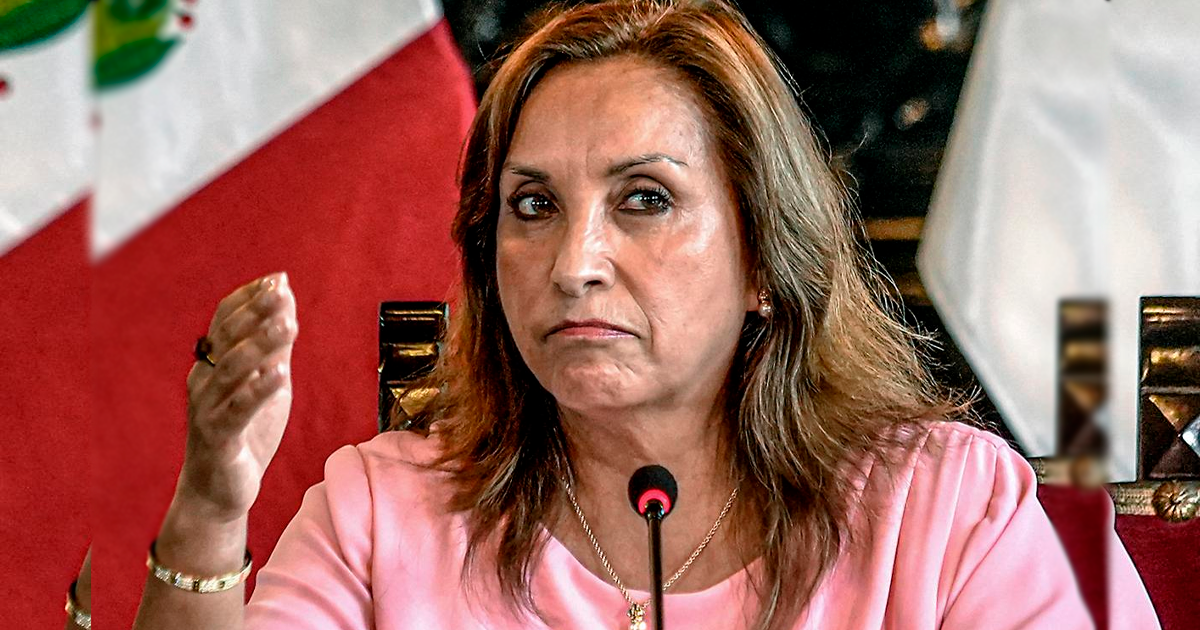
Because only 5% of Peruvians approve of President Dina Boluarte, despite the “rebirth of private investment,” foreign capital is wary of our market due to political tension.
Citi expects the Peruvian economy to grow 2.4% this year — maintaining its previous projection — with a marked upward bias thanks to the favorable winds from good mineral prices, such as copper, and the normalization of inflation.
However, they warn that politics remains a risk factor that undermines GDP potential, both on the side of Congress and the Executive Branch. Rating agencies such as Fitch and S&P have already reduced both their ratings and outlooks due to the unpopular political class.
“There is an uncertain and divided politics. Many external investors are wondering how it is possible that a president (Dina Boluarte) with such a low approval rating, of only 5%, remains in power and does not leave,” commented Ernesto Revilla, chief economist for Latin America at Citi.
Revilla added that Congress, in its interest to remain standing, is playing against the wall and “balancing” itself with the management of Boluarte, who despite his low popularity – barely 5% – is expected to remain in power until 2026. “This is what the market is asking itself,” he told the media.
Despite acknowledging that there is a “rebirth of private investment” due to the imminent opening of operations at the Chancay megaport and the unblocking of projects such as Tía María, Citi will not increase GDP growth in the short term —unlike the BCRP and MEF, which are aiming for 3.1%— precisely because of the political noise that is seen as a real concern for foreign investors.
Source: Larepublica
Alia is a professional author and journalist, working at 247 news agency. She writes on various topics from economy news to general interest pieces, providing readers with relevant and informative content. With years of experience, she brings a unique perspective and in-depth analysis to her work.











